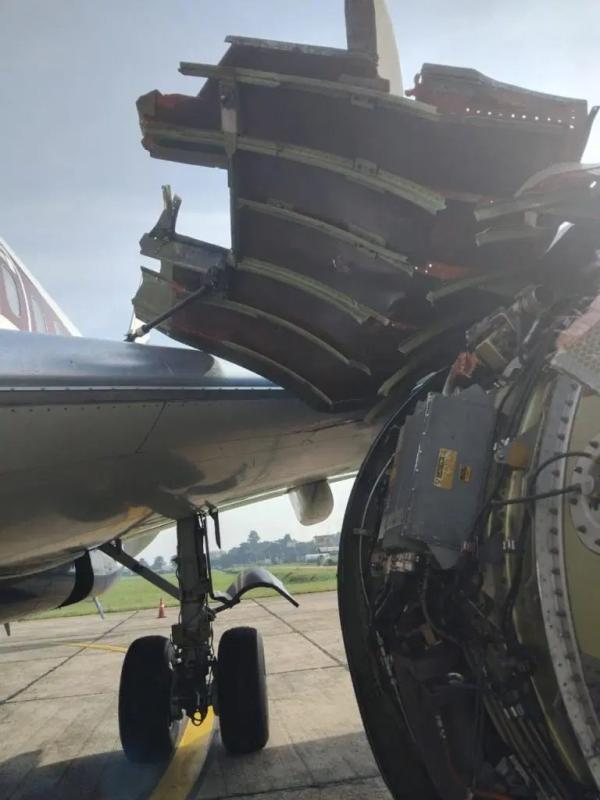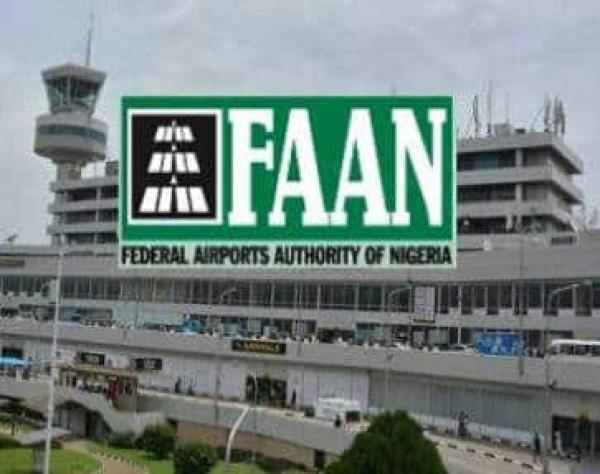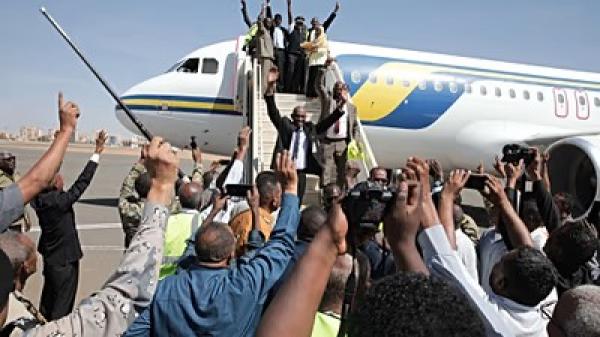
Airport Managers across the country have been tasked to develop skills that would lead to improved revenue generations for airports under them.
Mr. Fortune Idu, the Chairman, Airport Business Summit, stated this on Wednesday at the Murtala Muhammed Airport (MMA), Lagos in an interview with aviation correspondents.
Idu explained that in a bid to maximise the potential revenue generation for airports, the organisers of the annual summit was putting together a one-day event in July to enlighten managers on the business potential at their environment.
He emphasised that Mrs. Olubunmi Kuku, the Managing Director, Federal Airports Authority of Nigeria (FAAN), recently approved the inclusion of the airport managers’ workshop on airport route development and marketing in the forthcoming Airport Business Summit.
He explained that Kuku is expected to speak on ‘Airport Viability’ at the summit.
He insisted that to support these noble intentions for airport repositioning, airport micro-managers must be trained to understand the concept of airport viability from the development point of view.
Idu insisted that airport managers are to be positioned as the airport’s chief marketing officers and business development managers.
He said: “Although airport concessions and other public-private partnership schemes have remained high on the government’s list of options to increase the economic viability of Nigeria’s airports, preparing the airport managers to understand the role of each player – the Federal Government, states, airport authorities, investors, users, and stakeholders – is a crucial aspect, which the airport manager’s workshop at the airport business summit will highlight.”
He noted that the old approach of building an airport and expecting airlines to fund routes was no longer sustainable.
Rather, he pointed out that a more comprehensive plan and complete business cases were required for all airports to connect people and cargo and be economically viable.
Idu said Kuku had highlighted the importance of airport viability as one of the key factors in refocusing the operations of FAAN’s 23 airports in Nigeria, in order to provide sustainable air transport support services.
He remarked that since she came onboard, her focus had been on internally reviewing processes and restructuring management to align the workforce towards increasing airport revenue and reducing wastage.
“Managing 23 airports in a densely populated country like Nigeria presents a significant challenge for any organization. Ensuring that all airports are equally profitable and contribute to the government’s revenue is no easy task. Currently, only four airports can be considered financially viable.
“However, the importance of connecting Nigeria’s states through air travel is undisputed. When considering the value of this connectivity, all of Nigeria’s domestic airports are equally valuable as they serve as the main catalyst for the country’s growth.”
Idu noted that most of the airports in the country were developed at the request of the State governments, and operated without initial business viability or a strategic master plan, but simply to fulfil a need for interstate connection.
This, he said made the airports to become a crucial infrastructure for connectivity and economic development, comparable to road transport.
He, however, said that unlike other intermodal infrastructure, the operational cost of running airports, with or without adequate passenger usage, was exceptionally high.
He noted that the present administration was seriously considering how to generate enough income from the other airports, recognising that the airport was a business.
“Reviewing the airports’ capacity and potential is an important pillar in Mrs. Kuku’s strategic plan. It also aligns with the Honourable Minister’s continued remark that all airports should develop a master plan that identifies their long-term ambitions and strategies, where the development process will be periodically reviewed to accommodate future growth projections,” he added.






















